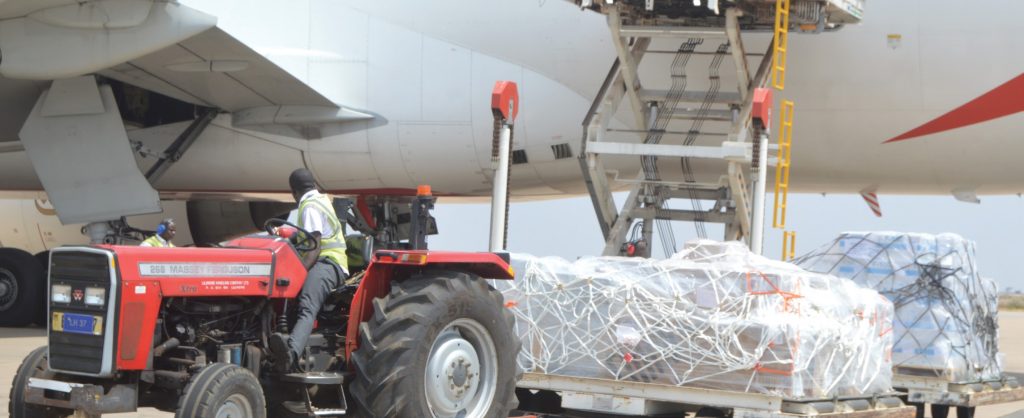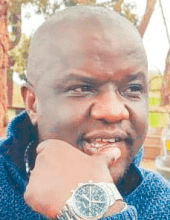MEC ropes in ‘funeral announcers’to boost elections awareness
The Malawi Electoral Commission (MEC) has disclosed that it has included community ‘funeral announcers’ in its voter and civic education programme to enhance awareness and beat voter apathy in the 2025 Tripartite Elections.
Commissioner Olivia Mchaju Liwewe said this at Kamuzu International Airport in Lilongwe on Friday when MEC received ballot papers shipped from Dubai for Zomba based Mtiya ward by-elections.

Funeral announcers are well-known for publicising deaths of community members by crying out in the still of the night. They are also responsible for announcing events such as development meetings.
Said Liwewe: “One of the traditional ones we have adopted now is actually to use local people that run around to announce funerals. Those will be used as well to ensure that they communicate to as many people as possible in the rural areas.”
The commissioner, who leads MEC’s elections committee, said they have intensified voter and civic education to ensure that the citizenry is well informed amid legal reforms that the country has adopted.
Among the changes, is that casting of ballots will run between 6am and 4pm, a rule that will be applied for the first time during the Mtila ward by-elections this Tuesday.
“These by-elections are going to be conducted using the new legal reforms and by-elections do provide to MEC an opportunity to practise and learn on how the new provisions will be carried out.
Meanwhile, a communication expert Chimwemwe Tsitsi has asked MEC to be cautious on how it deals with the funeral announcers, fearing they may end up distorting the information.
“It is one thing to announce something that has got a local touch such as funeral messages and it is another to communicate something that does not necessarily concern a specific local community but the whole country.
“I think its success depends on what training they are going to have and what mechanisms they are going to employ as they pass on the message.
“It is something that has to be done very carefully because being the first time we are involving them; it is something that is experimental,” said Tsitsi, a communications lecturer at the Malawi University of Business and Applied Sciences.





